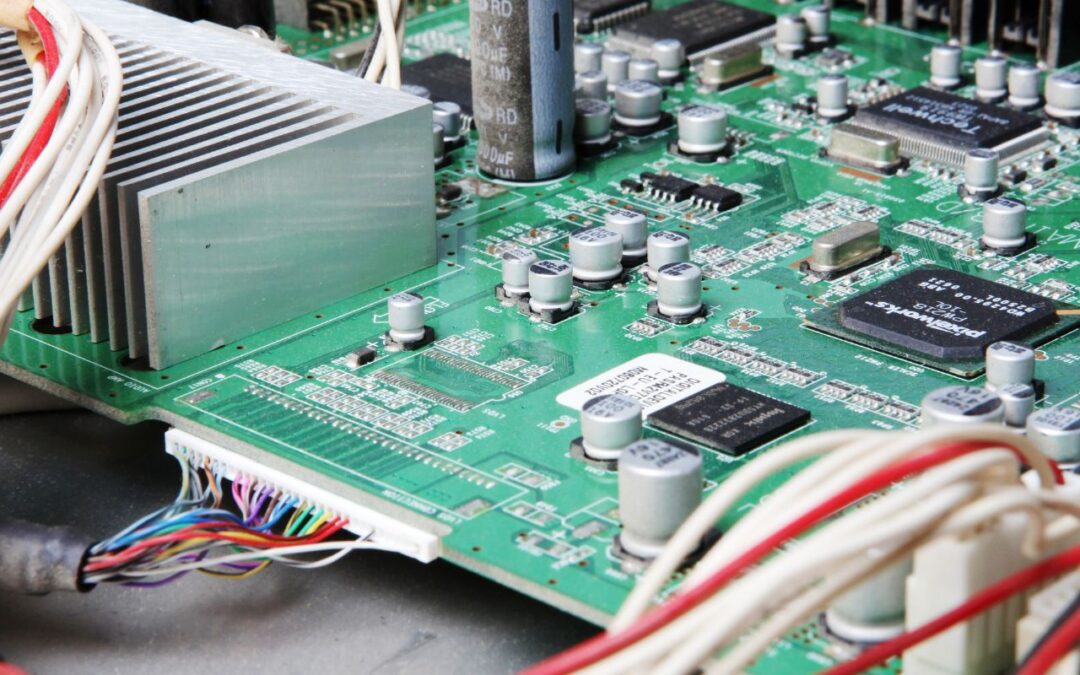Computing power, also known as computational power, refers to the amount of processing capabilities and speed of a computer system. It is a critical aspect of modern computing, as it determines how quickly and efficiently computers can execute complex calculations and perform tasks. The advancement of computing power has played a significant role in driving technological innovation in recent years and is likely to continue to do so in the future.
Computing power is generally measured in terms of the number of calculations that a computer can perform in a given amount of time. This measure is known as the computer’s processing speed, and it is typically expressed in units of gigahertz (GHz) or megahertz (MHz). The higher the processing speed of a computer, the more quickly it can execute commands and run software applications.
Processors “The Brain”
One of the main factors that determine a computer’s processing speed is the type of processor it has. Processors are the “brains” of a computer system, responsible for executing the instructions that make up computer programs. Modern processors come in a variety of different architectures, each with its own strengths and weaknesses. Some of the most common processor architectures in use today include Intel x86, ARM, and AMD.
Another important factor that affects computing power is the amount of memory (RAM) that a computer has. RAM is the temporary storage area where a computer stores data and instructions while it is being processed. The more RAM a computer has, the more data and instructions it can store at once, which can lead to faster performance.
Role of Computing Power
The role of computing power has increased significantly in recent years due to the rise of big data, machine learning, and artificial intelligence. These fields rely on vast amounts of data and complex algorithms that require significant computing power to process. To meet these demands, companies and organizations have turned to high-performance computing systems, such as clusters of interconnected computers, to perform the necessary computations.
Cloud computing has also played a significant role in increasing computing power. Cloud computing providers offer access to vast computing resources that can be used on-demand, enabling businesses to scale their processing capabilities up or down as needed. This has made it easier and more cost-effective for companies to leverage the power of computing resources without having to invest in expensive hardware.
In conclusion, computing power is a critical aspect of modern computing that plays a significant role in driving technological innovation. As the demand for processing capabilities continues to increase, we can expect to see continued advancements in computing power, which will enable new applications and solutions in fields such as machine learning, artificial intelligence, and big data.

